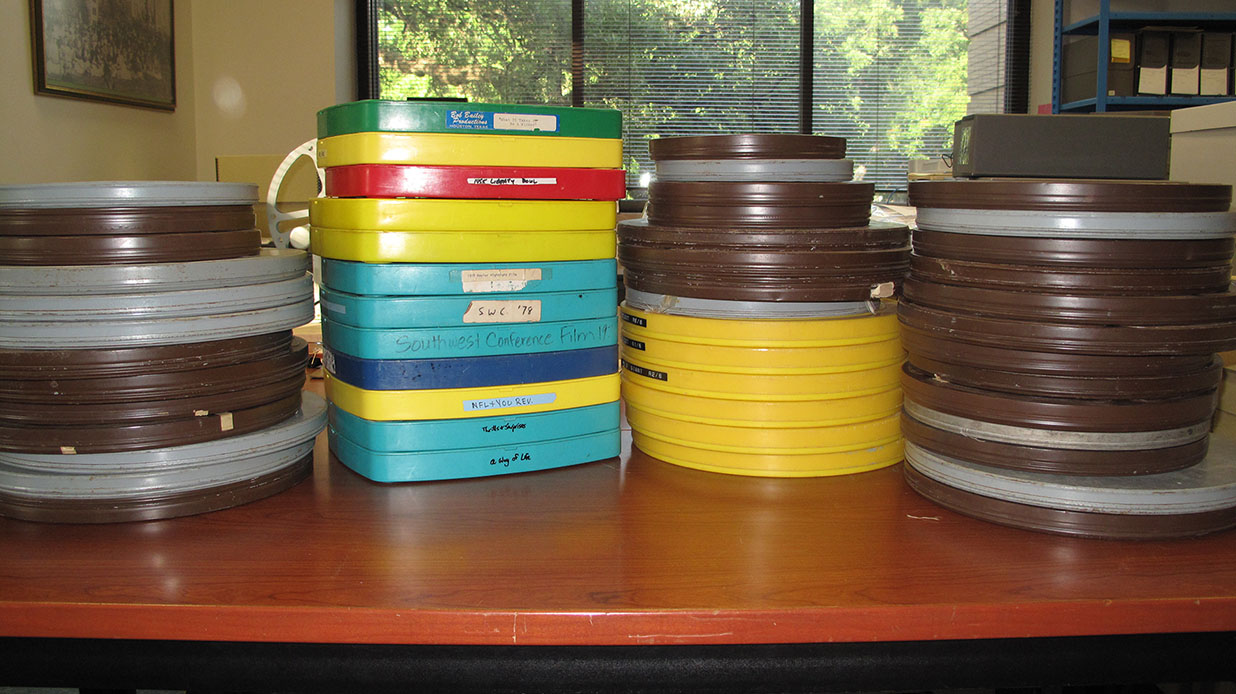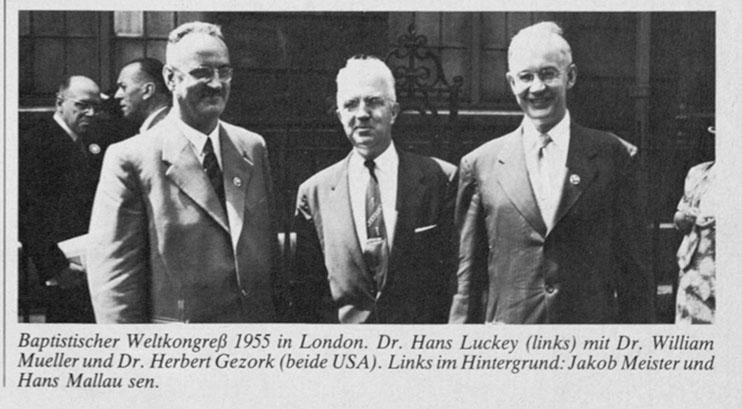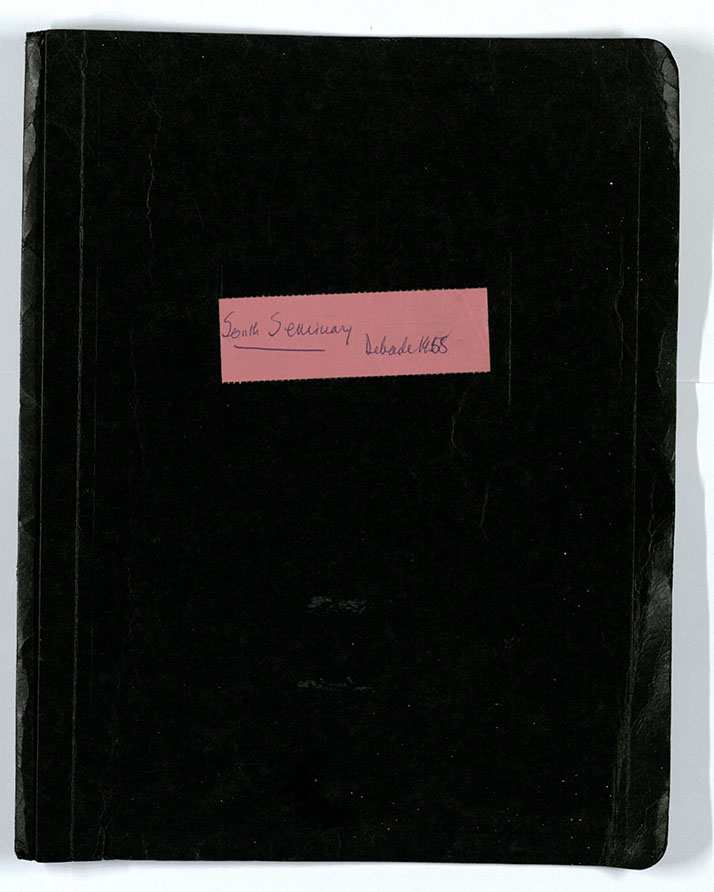
This summer, The Texas Collection was fortunate to have four graduate students working with our staff and in our collections. As the summer comes to a close, we asked them to share a little about their projects and what they have learned. We’ll hear from two today, and two next month. This week’s post demonstrates the wide variety of materials we house at The Texas Collection, from the papers of Baptist theologians and missionaries to Baylor basketball film!
My name is Alyssa Gerhardt, and I am a fourth year history PhD student from Sutter, Illinois. I have been working at The Texas Collection for the summer, helping to process materials in the Baylor University Libraries Athletics Archive. [Alyssa’s work was funded by the Baylor University Libraries Athletics Archive endowment.] While it is common knowledge that Baylor University has gained a lot of national attention for its athletic teams in the past few years, it may come as a surprise to learn that The Texas Collection serves as the repository for materials documenting Baylor sports history. Although The Texas Collection holds a wide variety of Baylor sports material, my main job this summer was to process film from the men’s basketball team. Dating as far back as 1960, most of this film was in 16mm format and was in a range of conditions. It has been my job to identify all of these films, put them into archival-grade containers, and catalog them for future patrons’ use.

Today, we take the process of watching movies or film for granted, but this project has helped me gain an appreciation for the development of both film and film technology over the last fifty years. Because I was working with film reels that had not been properly stored for many years, they were too delicate to simply put on a projector and watch. Instead, using a homemade film reel holder and a handheld microscope, I worked frame-by-frame to pick out players, uniforms, scores, or anything else that would help with identification. Then, using that information, I used sports reports from the Baylor Lariat, team photos from the Round-Up, or game statistics from an athletic department almanac. Needless to say, this could sometimes be very tedious work!
As an avid Baylor sports fan, however, I found the process fascinating. It was interesting to learn about key basketball players throughout the program’s history and feel connected to a long tradition of school pride. It was also intriguing to see how the sport of basketball has changed over the years, something I had not previously given much thought to.
Working at the Texas Collection has given me new appreciation for the range of materials that archives preserve and gave me a glimpse into the many fun and surprising sources we have for learning about the history of Baylor University.
~

My name is Cody Strecker, and I am a doctoral student of early Christian theology in Baylor’s Religion Department. The most interesting, and most daunting, of my tasks this summer as the Baptist Collection intern has been preparing the William A. Mueller papers. This German-American’s life spanned the majority of the twentieth century. His work as a young interpreter in post-World War I French-occupied Rhineland, as a Brooklyn pastor of a bilingual German congregation, as a student of Reinhold Niebuhr at Union Theological Seminary, and as a professor of history, theology, and philosophy at half a dozen Baptist seminaries and American universities, brought him into contact with a great host of fascinating events and figures. He is, in short, a historian’s dream—not only because of his encounters and activities, but because he took notes on what he read and heard with what appears to have been an obsessive compulsion. And his hundreds of lovely, flowing letters reveal a gregarious man of great faith and good humor. If you desire a lucid summary of Kierkegaard’s thought or a list of the most brutal one-liners uttered by the inimitable Archie Bunker in 1976, look no further.
